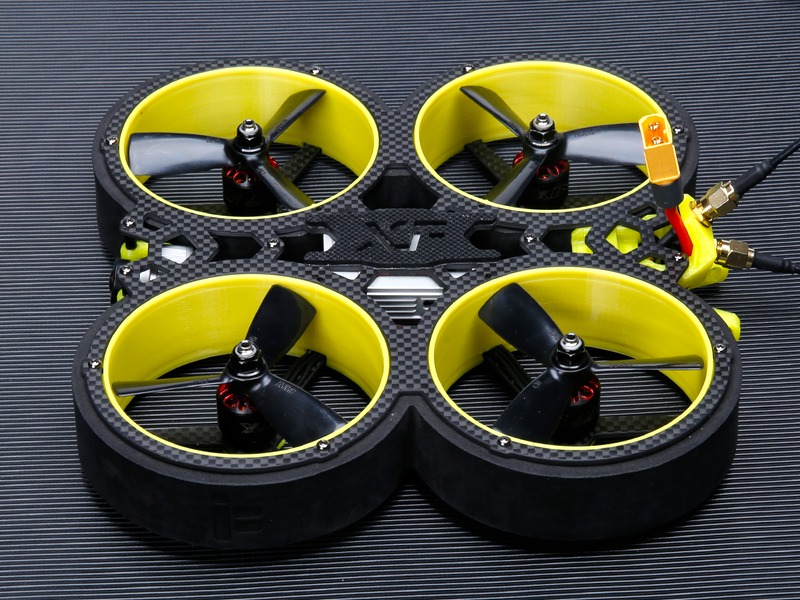Do police use drones to spy?

The use of drones by police forces has become an increasingly popular topic in recent years. While some people believe that drones can provide an invaluable tool for law enforcement, others are concerned about the potential for them to be used as a form of invasive surveillance.
The use of drones by police forces has been increasing in recent years. In the US, the Federal Aviation Administration (FAA) has granted over 1,000 exemptions to law enforcement agencies to use drones for various purposes, including surveillance. In the UK, the use of drones by police forces has also been increasing, with some forces now using them for a variety of tasks, such as searching for missing persons and monitoring large public events.
The main argument in favor of using drones for police surveillance is that they can provide a more cost-effective and efficient way of monitoring large areas than traditional methods. Drones can be used to observe areas that may be difficult to access by other means, such as in remote locations or in areas that are dangerous to send officers. They can also provide a real-time view of an area, allowing police to quickly respond to any suspicious activity.
However, there are also concerns about the potential for drones to be used for invasive surveillance. While drones can be used to observe areas in a non-intrusive way, there are also potential risks that they could be used to spy on individuals without their knowledge or consent. This could lead to a violation of people’s privacy and could be used to target certain groups or individuals.
In order to address these concerns, it is important that police forces have clear and transparent policies in place regarding the use of drones. This should include guidelines on when and how drones can be used, as well as what information can be collected and stored. It is also important that police forces are open and transparent about the use of drones, and that they are subject to regular independent oversight.
In conclusion, the use of drones by police forces can provide an invaluable tool for law enforcement, but it is important that any use of drones is done in a way that respects people’s privacy and civil liberties. Clear and transparent policies should be in place regarding the use of drones, and they should be subject to regular independent oversight.
Comments / Question
2. In 2018, the Electronic Frontier Foundation (EFF) reported that police departments in California, Florida, and Texas had been using drones to monitor protests and other public gatherings.
3. In 2017, the Center for the Study of the Drone at Bard College reported that police departments in several states had been using drones to conduct surveillance on people in their homes and other private spaces.
4. In 2016, the Electronic Privacy Information Center (EPIC) reported that police departments in several states had been using drones to conduct surveillance on people in public spaces without their knowledge or consent.
5. In 2015, the American Civil Liberties Union (ACLU) reported that police departments in several states had been using drones to conduct warrantless surveillance on people.

